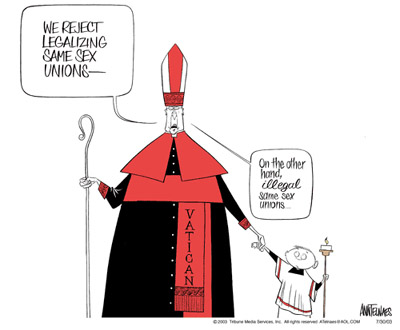Hi Don - I'm sorry, I don't get the connection with the Concordia; perhaps if I amplify a bit on my meaning (it was a badly put post I thought after entering it) it will be clearer. This was to me not a male or femail thing - it was a humanity thing. Which one of us, male or femail, would not like to believe that in that instant where the chips were down, we would do the same for the ones we love. The key here is in the 'instant'. This is the instant where 'heroics', which in my mind require at least some prior knowledge of the danger one is to be faced with along side the possibility of side-stepping it, are neither here nor there. This is instinct - to instantly protect the ones you love (Dawkins would find a less 'prosaic' description based on genes and future generations, but I prefer love). Or perhaps not. If we label those who died shielding their partners as heroes - and chivalrous ones at that - how do we view those who did not. And perhaps more importantly how do they view themselves. I don't believe this tragedy is helped by the introduction of gender issues and who is a hero and who not, into the mix.
That three men died in this fashion is explained as follows. These three couples were in close enough proximity that when pandemonium broke loose the adrenalin fueled higher strength and speed of the men enabled them to rough-house their partner to the floor and sheild them. Had the women been the stronger I have little doubt the genders of the sheilders would have been reversed. Similarly women with their children would have sacrificed themselves in the same manner (and no-one would have been suprised by this). None of this is to in any way reduce the tragedy of what occured here, nor to reduce the value of the gift of life, that the sacrificers gave to their partners by their actions. But as I say I think it's outside the gender/heroics/chivalry thing.
nb Ron - sorry Don

. Were you refering to the fact that there was precious little of the 'Women and Children First' spirit shown aboard the Concordia. Again I would perhaps relate this to a combination of the relative slowness of the unfolding of the danger in this case together with the percieved level of danger to those 'left behind' on the ship which was fundamentally different to the situation faced by the eruption of a gun toting maniac at close quaters. Alas it may be the very 'humanity' thing I referd to above that explains this - perhaps the instant behavior of the sheilders when faced with the gunman infact comes from the 'lower' ie pre-human behavior patterns - are their not many examples of animals sacrificing themselves for their mates/young. Perhaps it is actually when the 'human' parts of our brain kick in that we become selfish in the pursuit of our own survival as opposed to others. Also on the Concordia did individual males thrust their own wives and children back in order to secure their place on the lifeboats, or was it just (just!) other peoples wives and children. There is a difference here.




